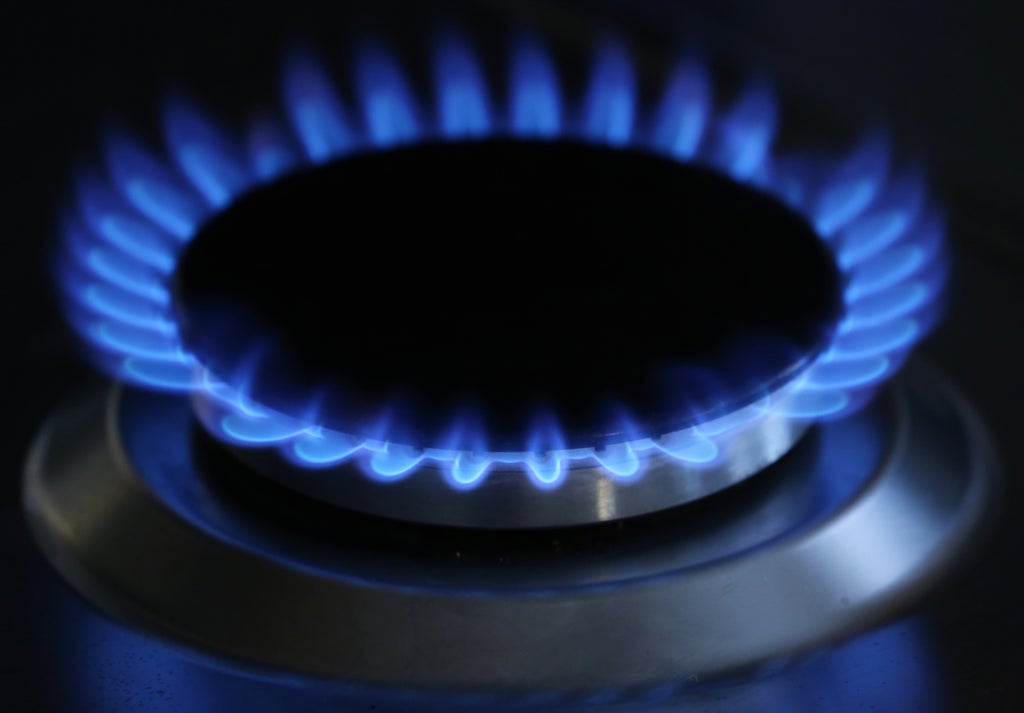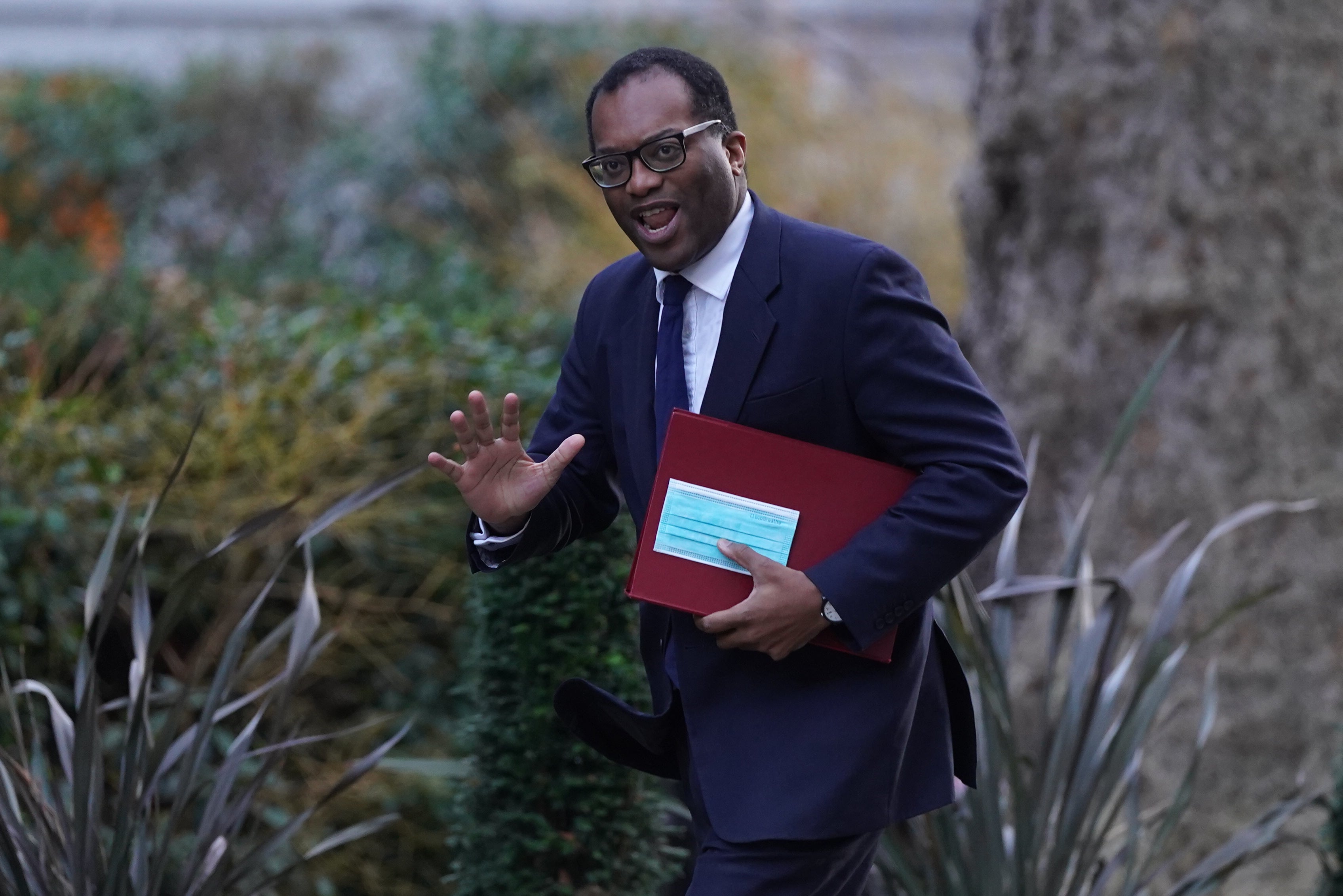
The UK Government is focused on supporting “just one person” instead of helping people facing rising energy costs, the Welsh Minister for Social Justice said.
At a briefing about the move to double the winter fuel allowance from £100 to £200 in the face of the cost-of-living crisis in Wales, Jane Hutt said there was “little sign of hope coming from Whitehall”.
The increase in winter fuel allowance is part of a £51 million package of targeted support for families and the most vulnerable across Wales that was first announced in December.
An estimated 350,000 households in Wales will benefit from the increase as concerns grow about cost-of-living pressures and soaring energy bills.
Instead of practical solutions to help millions in crisis now, we have a Government more focused on supporting just one person - the Prime Minister
Also on the horizon is the 1.25% increase in national insurance from April, as well as a rise in the energy price cap this spring, which could see bills increase by 50%.
Ms Hutt said the UK Government has failed to offer “practical solutions” to help millions of families facing crisis.
Referencing the “partygate” scandal and the Sue Gray report, she said: “Instead of practical solutions to help millions in crisis now, we have a Government more focused on supporting just one person – the Prime Minister.”
Household budgets are further being stretched by inflation, which reached a near 30-year high of 5.4% in December.
Ms Hutt said that when it has acted, the UK Government has only “made problems worse”.
“They cut the Universal Credit £20 uplift, which was such a vital lifeline during the pandemic, helping working people and those on low incomes,” she said.
“And just when this help is needed the most – it’s gone.”
The Welsh minister criticised the UK Government’s latest plans to try to hasten people into work.
We’ve seen the huge damage that sanction can cause and the Government wants to apply sanctions before people even receive their first Universal Credit payment
Under the Way to Work scheme, jobseekers will be forced to widen their job search outside their area of work after four weeks instead of three months.
If they are deemed to not be making sufficient effort to secure a role, or turn down a job offer, they face sanctions on their benefits.
Ms Hutt described the scheme as “a short cut to slash spending on welfare while driving people into insecure, short-term work”.
She continued: “We’ve seen the huge damage that sanction can cause and the Government wants to apply sanctions before people even receive their first Universal Credit payment.”
The minister said the Welsh Government was calling on the UK Government to introduce a differentiated energy price cap, to protect poorer households from being hit with the same rises as wealthier ones.
“These are the families who spend the largest proportion of their budgets on energy,” Ms Hutt said.
“Once again, we echo the words of the devolved governments, charities and people across the country when we call on them to listen and to act.”
As well as the differentiated price cap, the Welsh Government wants benefit rates uplifted from April in line with inflation.

Ms Hutt said requests to both Kwasi Kwarteng Secretary of State for Business, Energy and Industrial Strategy, and to Work and Pensions Secretary Therese Coffey had been ignored.
She accused both ministers of a “lack of respect for the Welsh Government”.
“We are asking them to recognise this as a cost-of-living crisis that should be at the forefront of their agenda, but we will do what we can to support our families in Wales,” Ms Hutt said.







